
Site Reliability Engineering (SRE) is rapidly becoming one of the most in-demand career paths in the IT and DevOps landscape. As organizations move toward automation, resilience, and performance-driven systems, the need for skilled SRE professionals is growing. But where does certification fit into this evolving career field? Let’s explore the key career outcomes and certification benefits of becoming a certified SRE professional.
Why SRE Is a Promising Career Path
SRE Learning Modules software engineering with IT operations to ensure systems are scalable, reliable, and efficient. With its foundation rooted in Google’s engineering principles, SRE is now adopted globally by companies across finance, healthcare, e-commerce, and tech sectors. Key reasons why professionals are turning toward SRE as a long-term career option include:
High Demand for SREs: Organizations across industries are investing in cloud infrastructure and DevOps, increasing demand for site reliability engineers.
Attractive Salaries: SREs command premium salaries due to their hybrid skill set that spans coding, infrastructure, automation, and incident response.
Diverse Career Roles: Certified SREs can move into roles like SRE Specialist, DevOps Engineer, Infrastructure Architect, Observability Engineer, or Platform Engineer.
Global Opportunities: SRE roles are available worldwide, with companies offering remote or hybrid options, making it a flexible career choice.
Career Outcomes After SRE Certification
Earning an SRE certification validates your ability to build reliable, scalable systems using industry best practices. Here are some key career outcomes you can expect:
Faster Job Placement:
Recruiters often look for certification as a benchmark of skills. Whether you're entering the field or transitioning from a related role (such as DevOps or SysAdmin), certification streamlines your hiring process.Higher Earning Potential:
According to industry surveys, certified SRE professionals often earn 15–25% more than their non-certified peers in similar roles.Skill Recognition Across Domains:
From startups to Fortune 500 companies, certified SREs gain credibility for managing uptime, incident response, monitoring, and system automation.Access to Advanced Roles:
Certification opens the door to senior and specialized positions—such as Reliability Architect or SRE Lead—that require a verified understanding of service level objectives (SLOs), SLIs, monitoring, and automation.Smooth Transition from Related Fields:
If you're coming from DevOps, QA, SysAdmin, or Cloud Engineering backgrounds, certification gives you a structured entry point into SRE.
Top Benefits of SRE Certification
Investing in a recognized SRE certification—like the SRE Foundation or SRE Practitioner level—brings several advantages:
1. Structured Learning Path
SRE Learning Modules offer a clear and comprehensive curriculum that covers foundational concepts, tools (such as Prometheus, Grafana, and Kubernetes), monitoring strategies, and advanced incident response techniques.
2. Industry Credibility
A certification from an accredited body signals that you've met a global standard. It gives employers confidence in your capabilities to handle high-availability environments.
3. Practical Skills Development
Most certifications focus on hands-on labs, real-world case studies, and tool integrations, giving you applicable experience even before entering a full-time SRE role.
4. Career Mobility
Certified professionals can explore roles in both operations and development environments, expanding their career paths in multiple directions—cloud computing, DevOps leadership, automation engineering, and more.
5. Continuous Growth
Certification often includes access to alumni networks, professional communities, and continuing education, allowing you to stay updated with the latest trends and technologies in SRE.
Final Thoughts
SRE is not just a job—it’s a future-ready career. Whether you’re an experienced IT professional or a newcomer aiming to specialize in reliability and performance, SRE Learning Modules offers a fast track to success. With the growing complexity of digital systems, certified SRE professionals are essential for maintaining availability, resilience, and user trust. By gaining the right credentials, you not only enhance your skills but also position yourself as a valuable asset in today’s tech-driven job market.





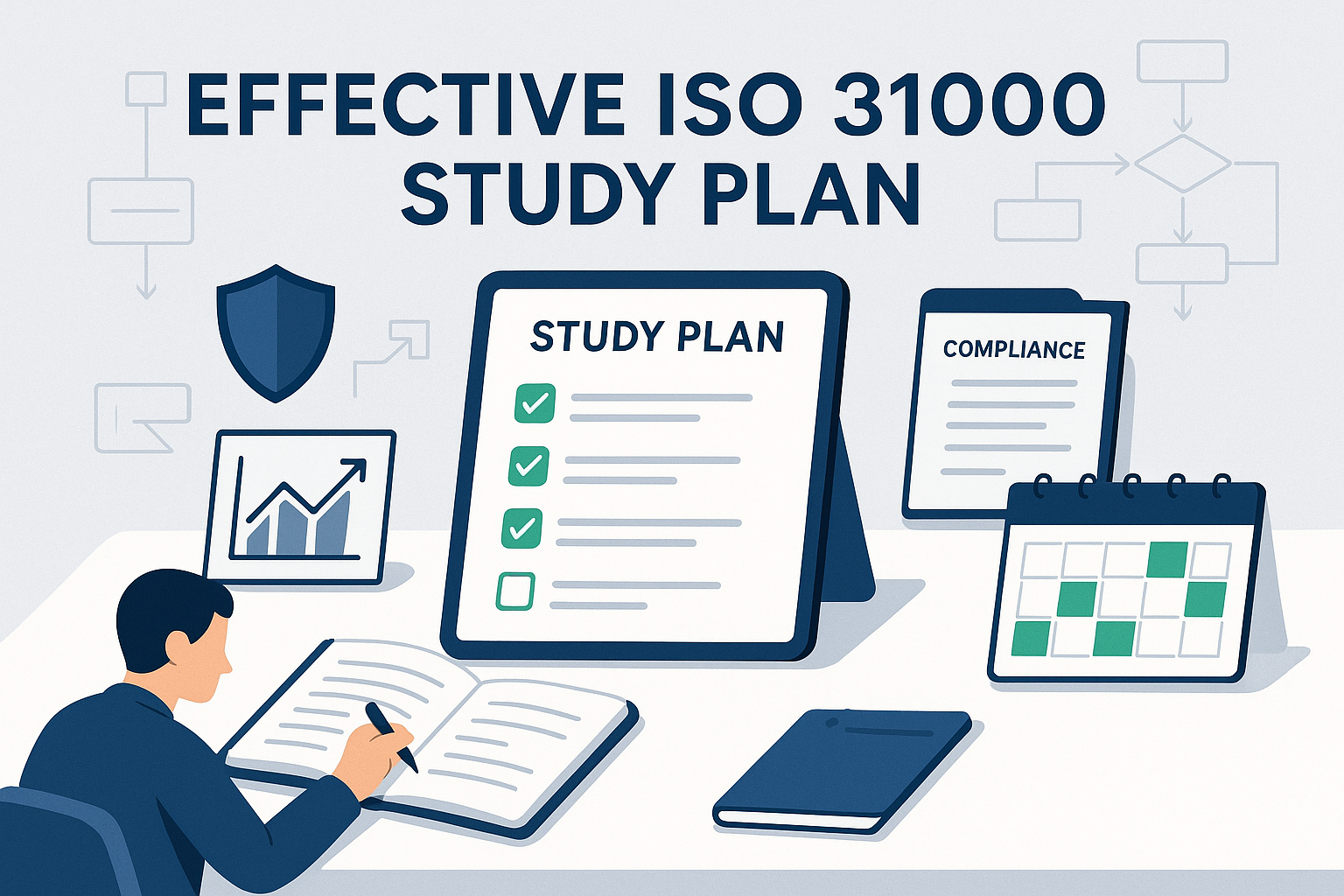

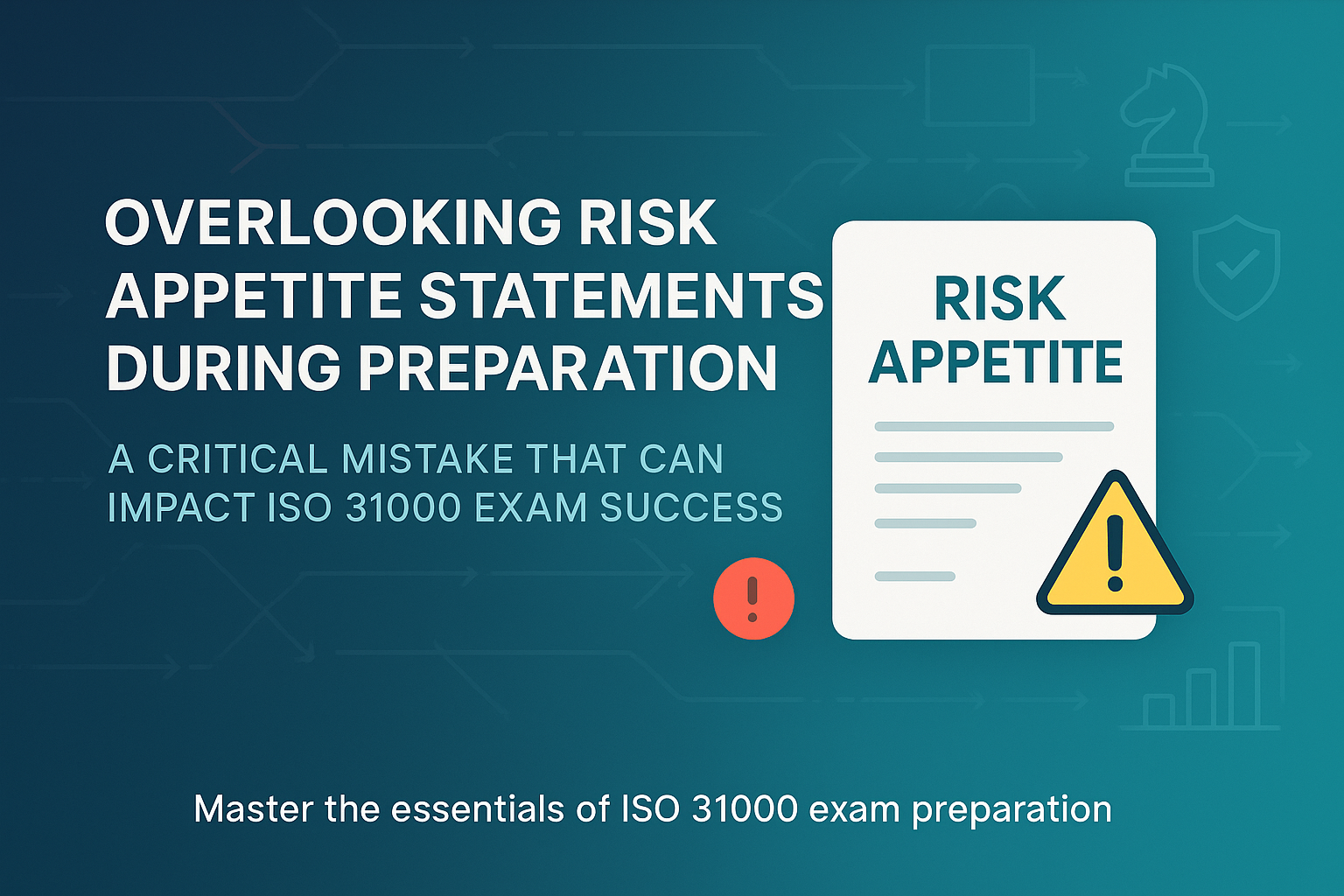
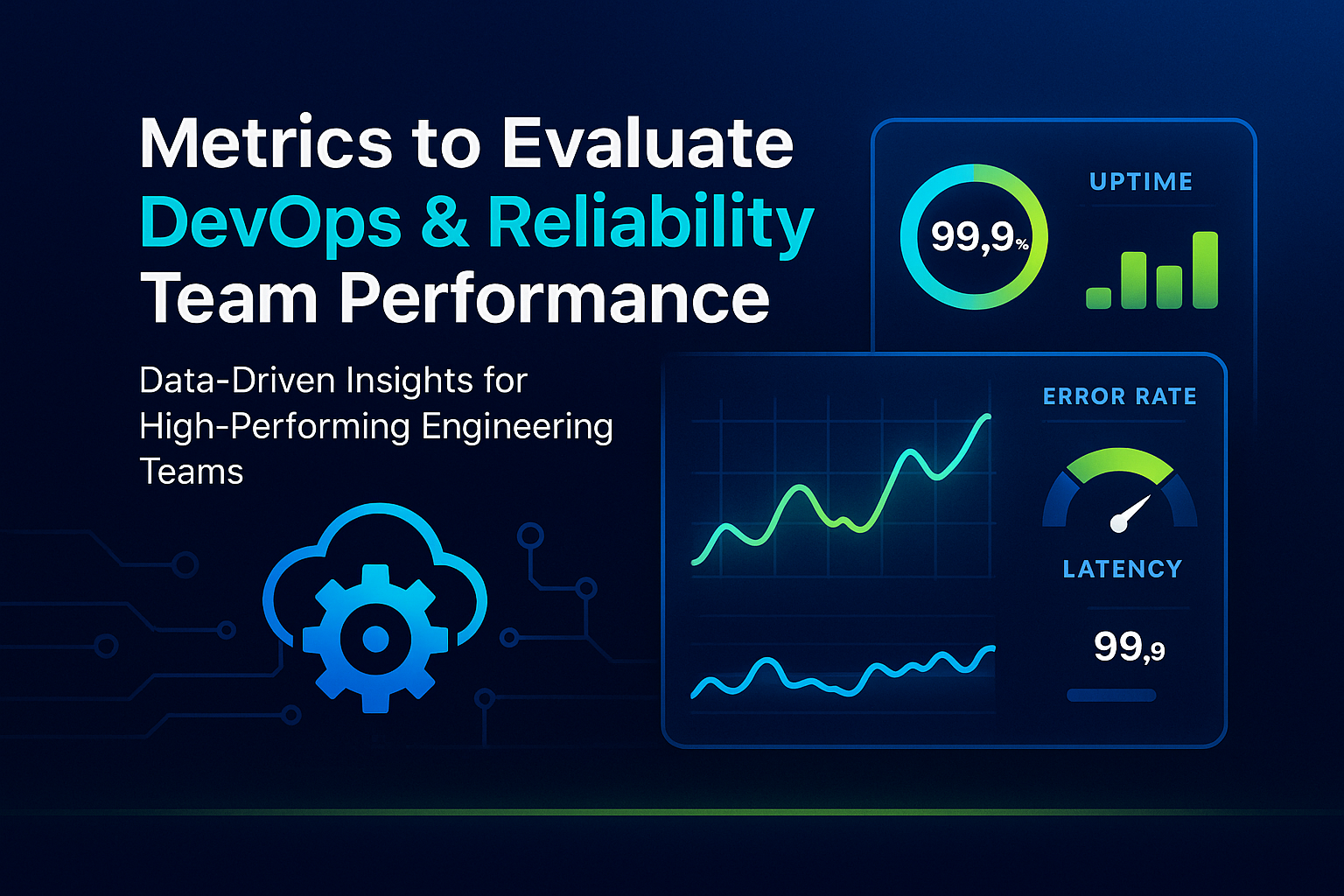
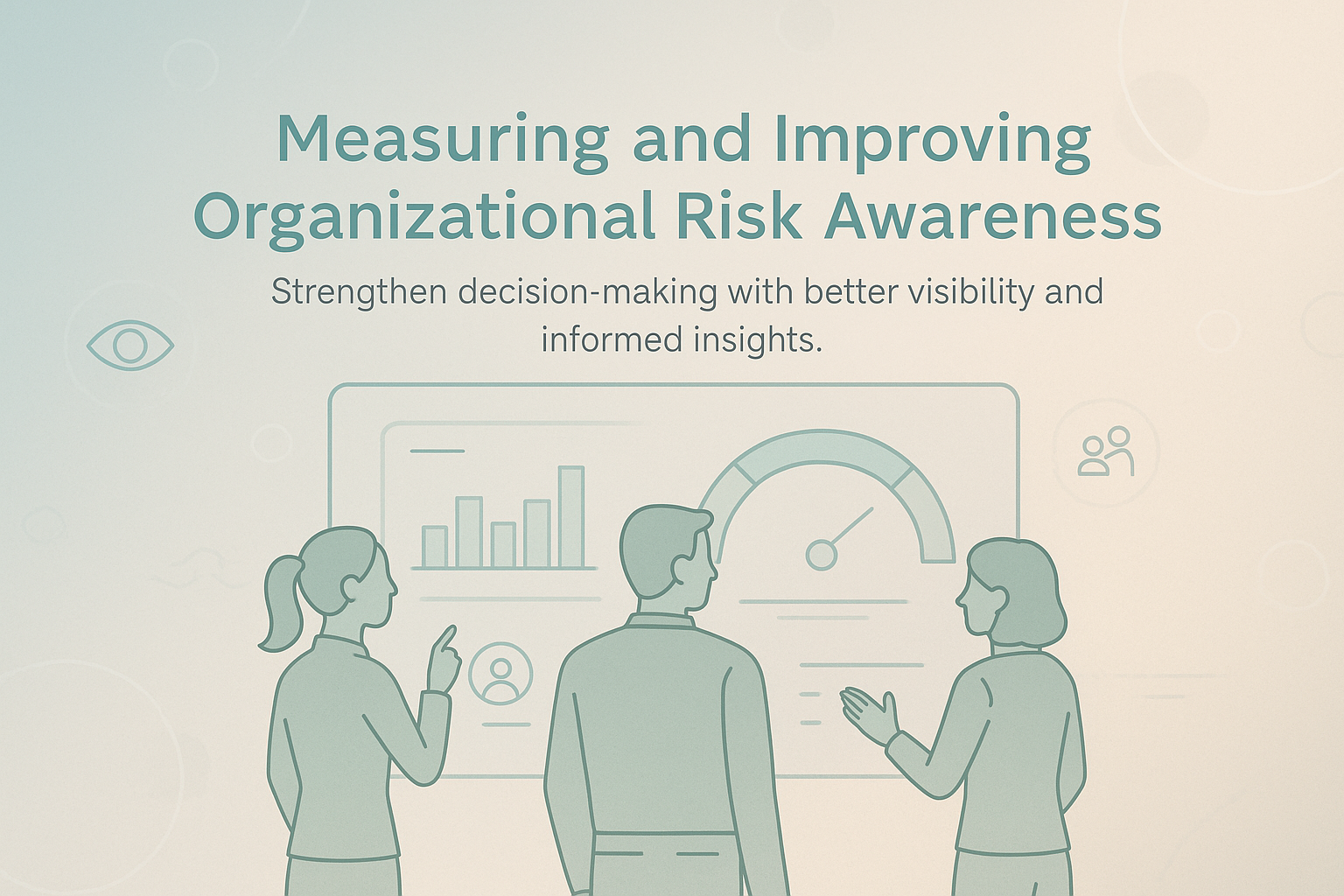
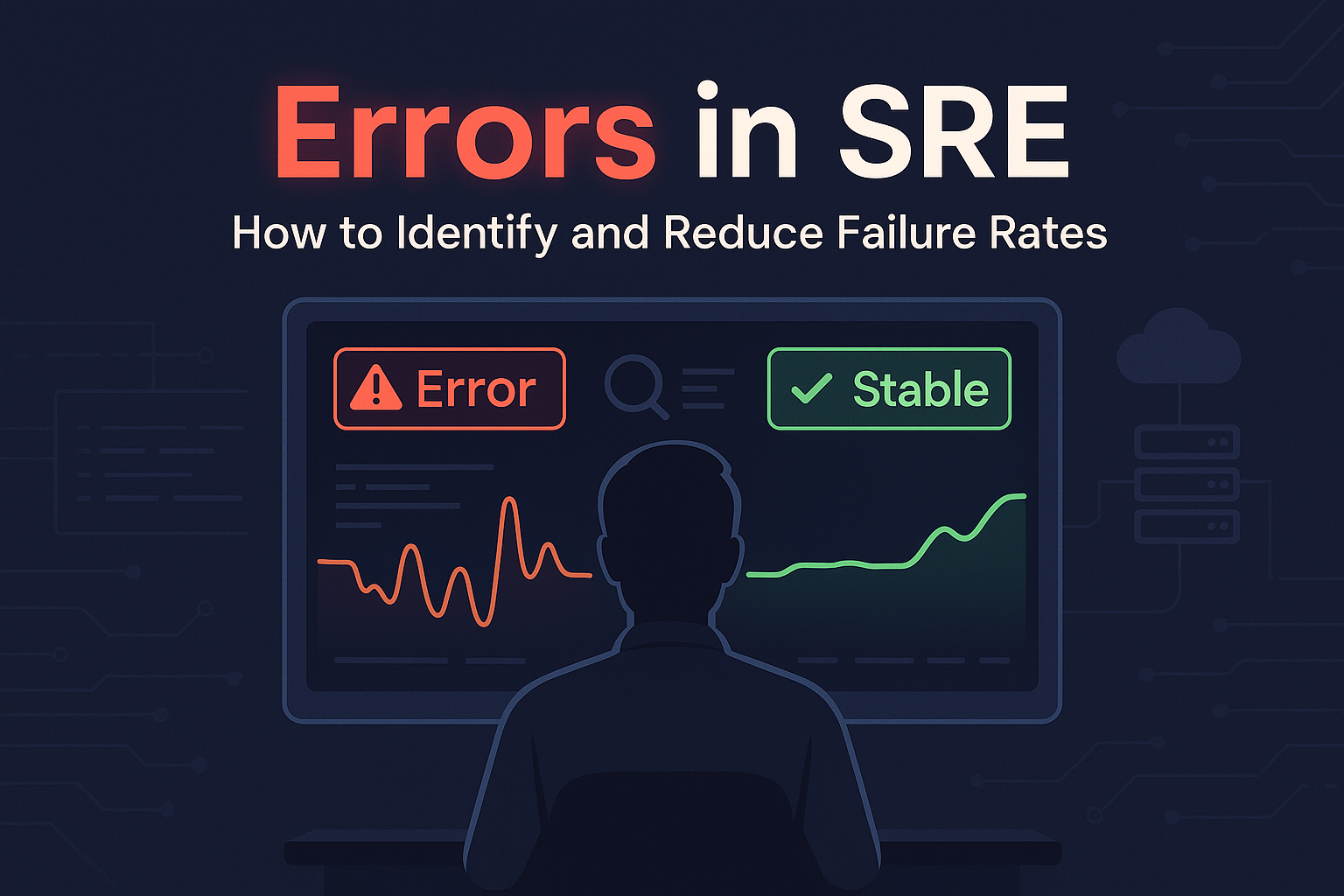
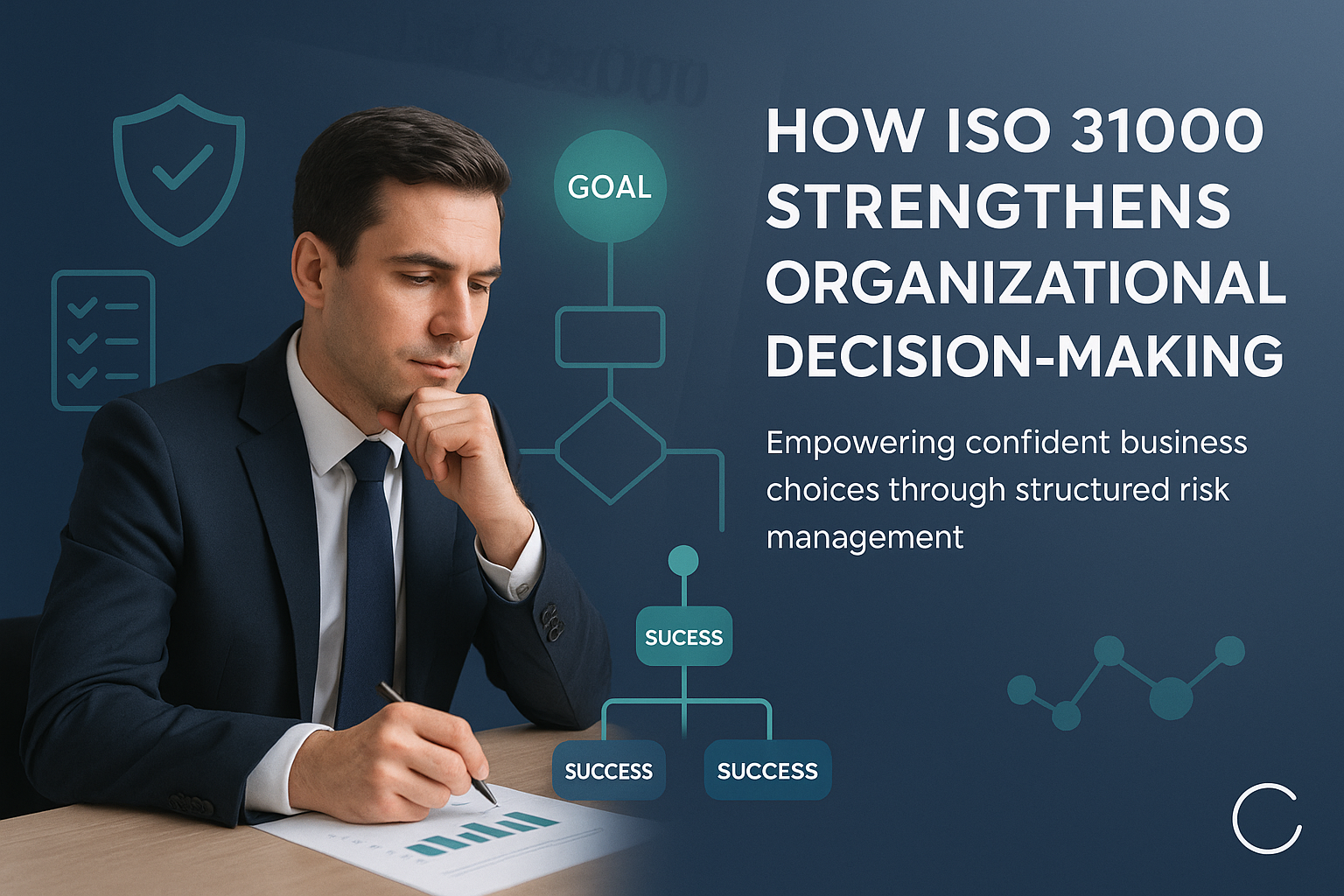
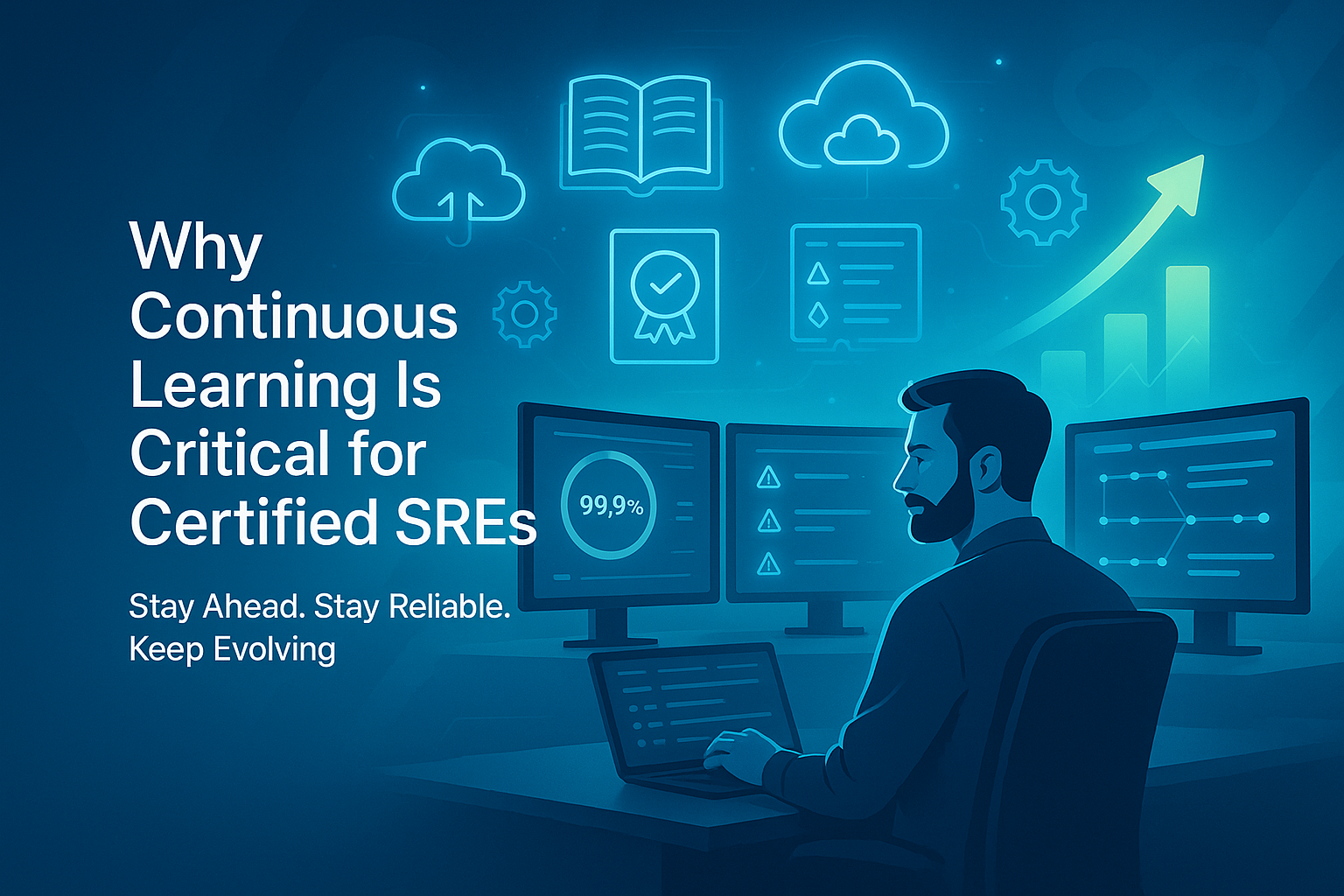


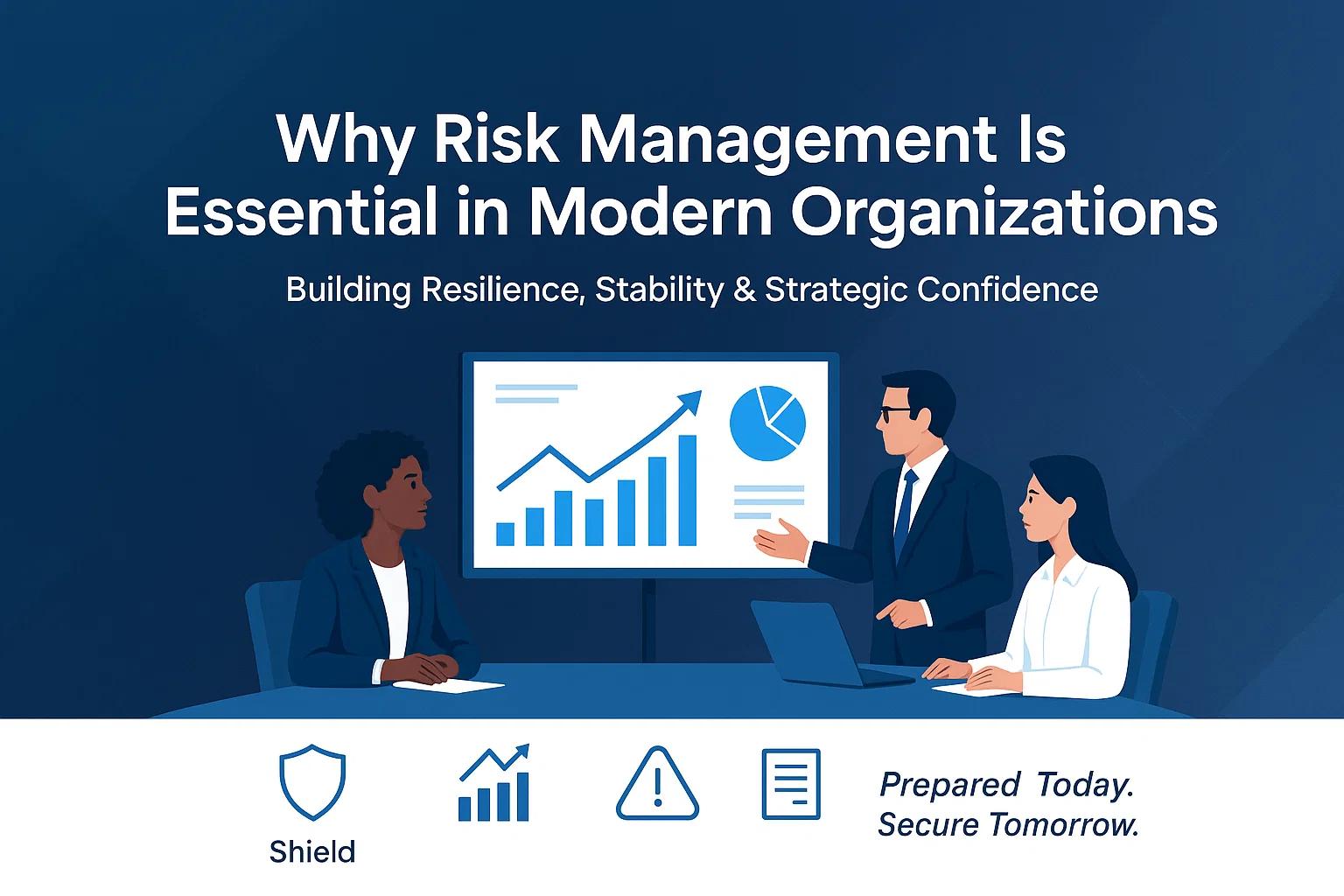
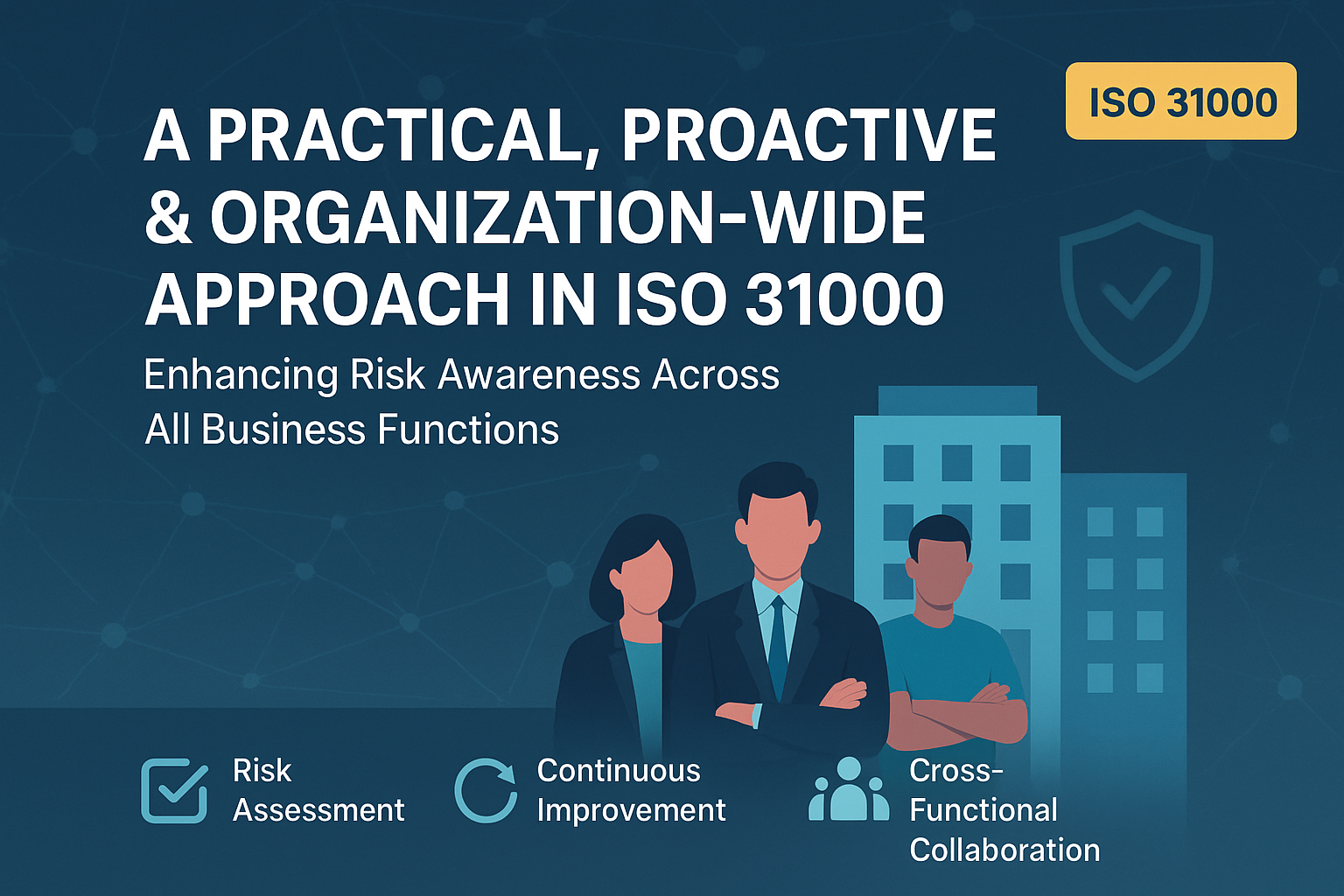
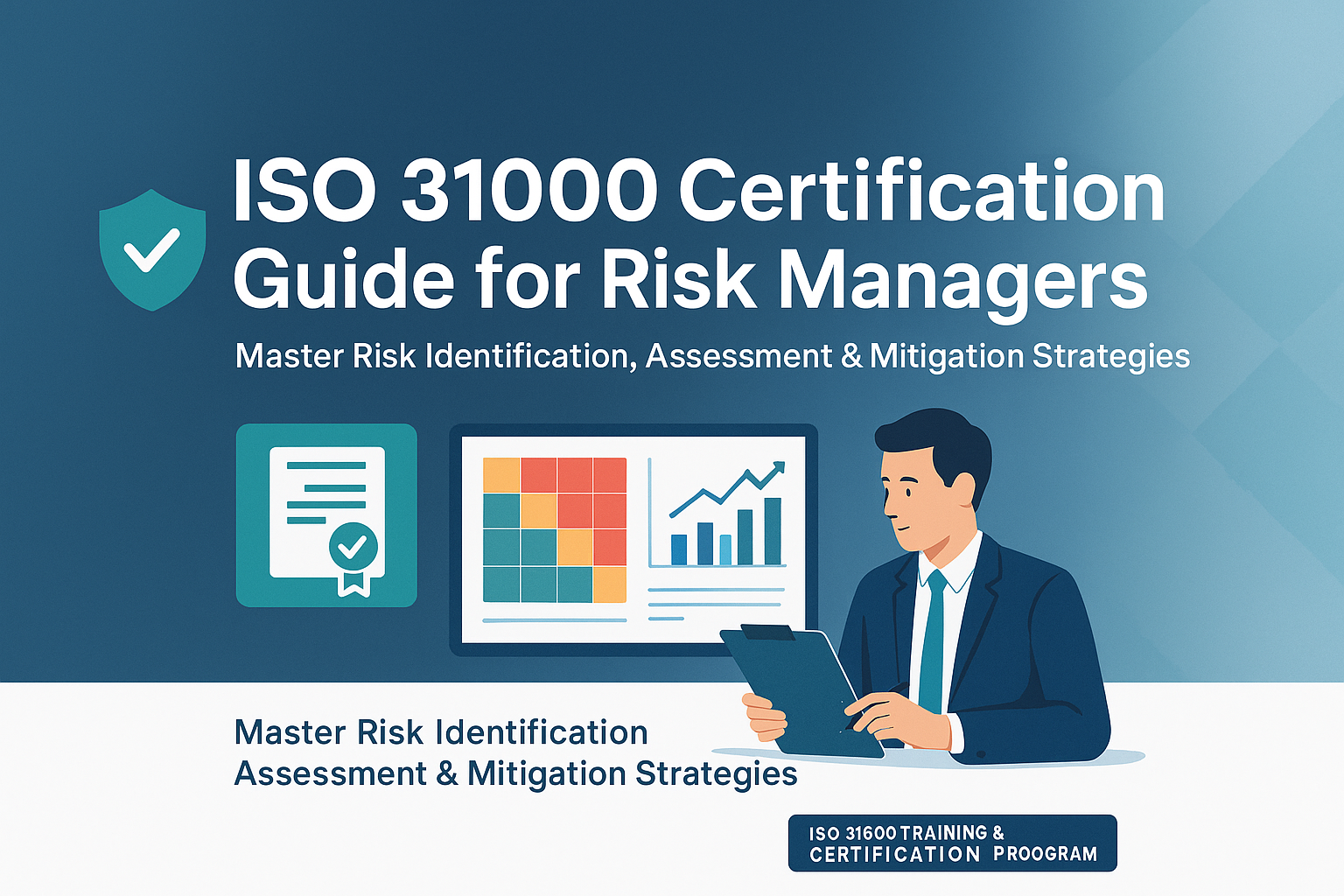
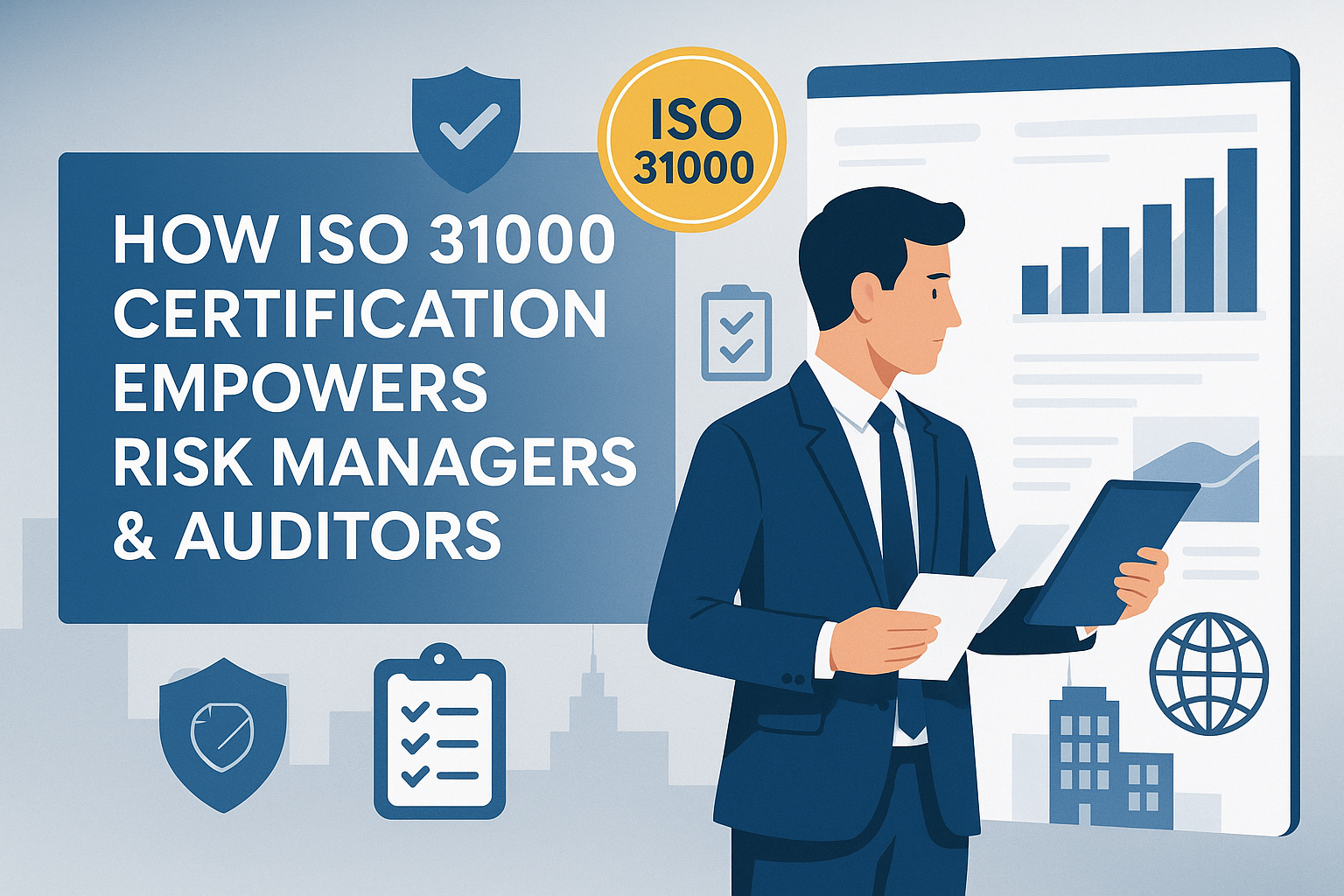
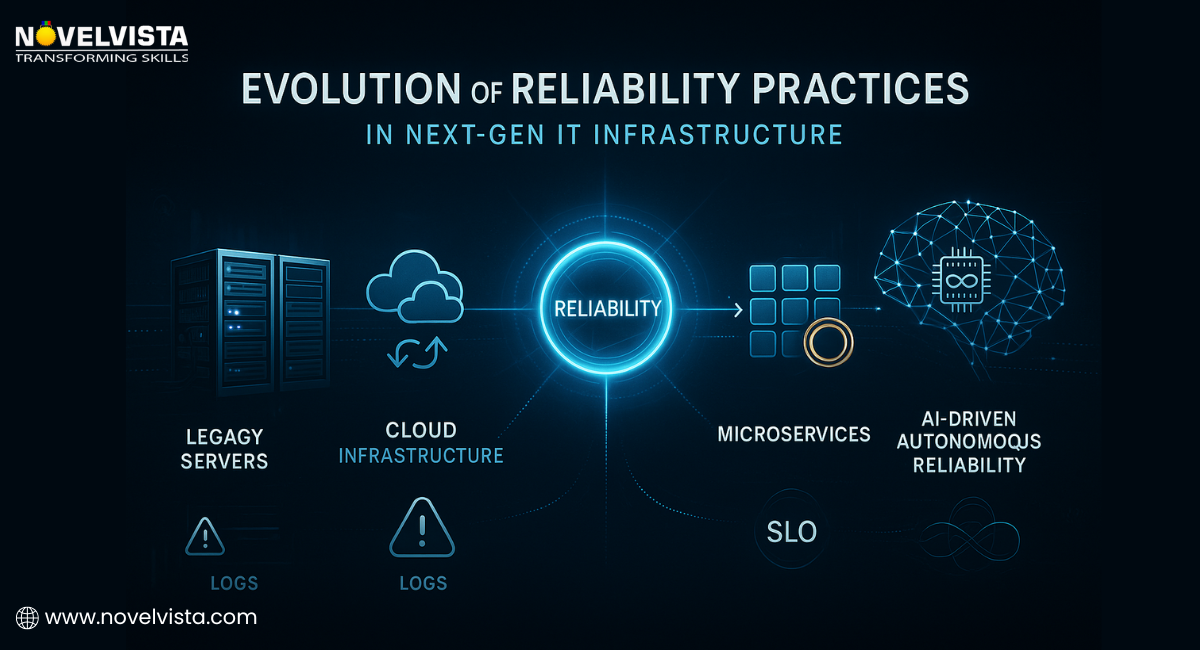

Write a comment ...